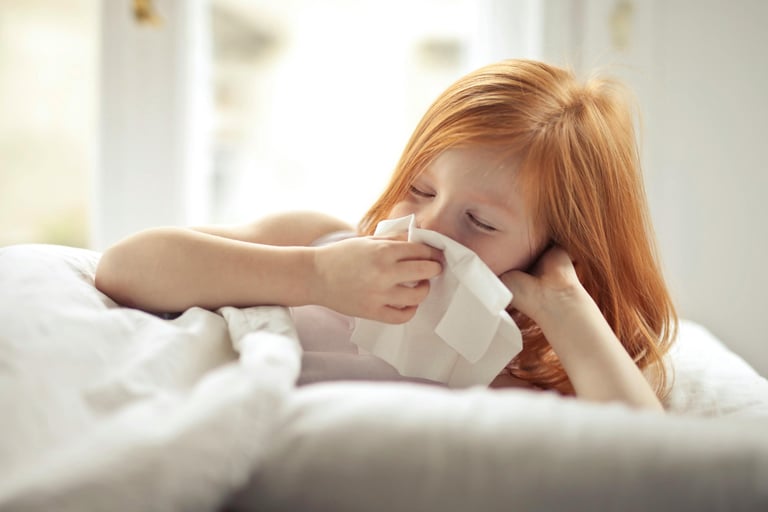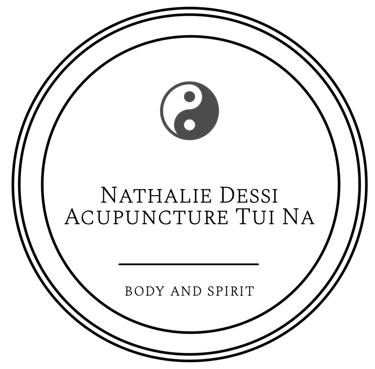Allergies


Don't let your nose do more running that you do
Allergic rhinitis can affect people of any age but is most common in children, and affects genders equally.
Allergic rhinitis can be either seasonal/intermittent or perennial/persistent. Typical seasonal triggers for allergic rhinitis are pollens, while persistent triggers include animal hair and dust-mites.
Episodes of allergic rhinitis produce sneezing, runny nose, itchy nose (and sometimes eyes) and blocked nose leading to interrupted sleep, fatigue and poor concentration. Allergic rhinitis can have significant negative impacts on quality of life and work performance.
Allergic rhinitis sufferers also frequently suffer from other allergic conditions such as asthma and skin rashes, due to the close relationship between the nose, the lungs and the skin (an observation made in the Yellow Emperor’s Classic of Internal Medicine more than 2,000 years ago). This observation is consistent with a biomedical perspective as as all three are lined with some form of epithelial tissue.
According to the most up to date evidence, acupuncture is an effective treatment for allergic rhinitis. Studies also suggest that acupuncture is safer than current commonly-used medications and may be more cost-effective.
Symptoms showing the greatest improvement included sneezing, itchy nose, itchy eyes, runny nose, blocked nose and interrupted sleep.
Acupuncture has been recommended in the allergic rhinitis clinical practice guideline of the Otolaryngology Head Neck Surgery Foundation in the US as a treatment option for those who prefer a non-pharmacological treatment.
These allergies are treated on a case-by-case basis before and during the allergen season, but can be monitored on a monthly basis throughout the year to strengthen the body as a whole


